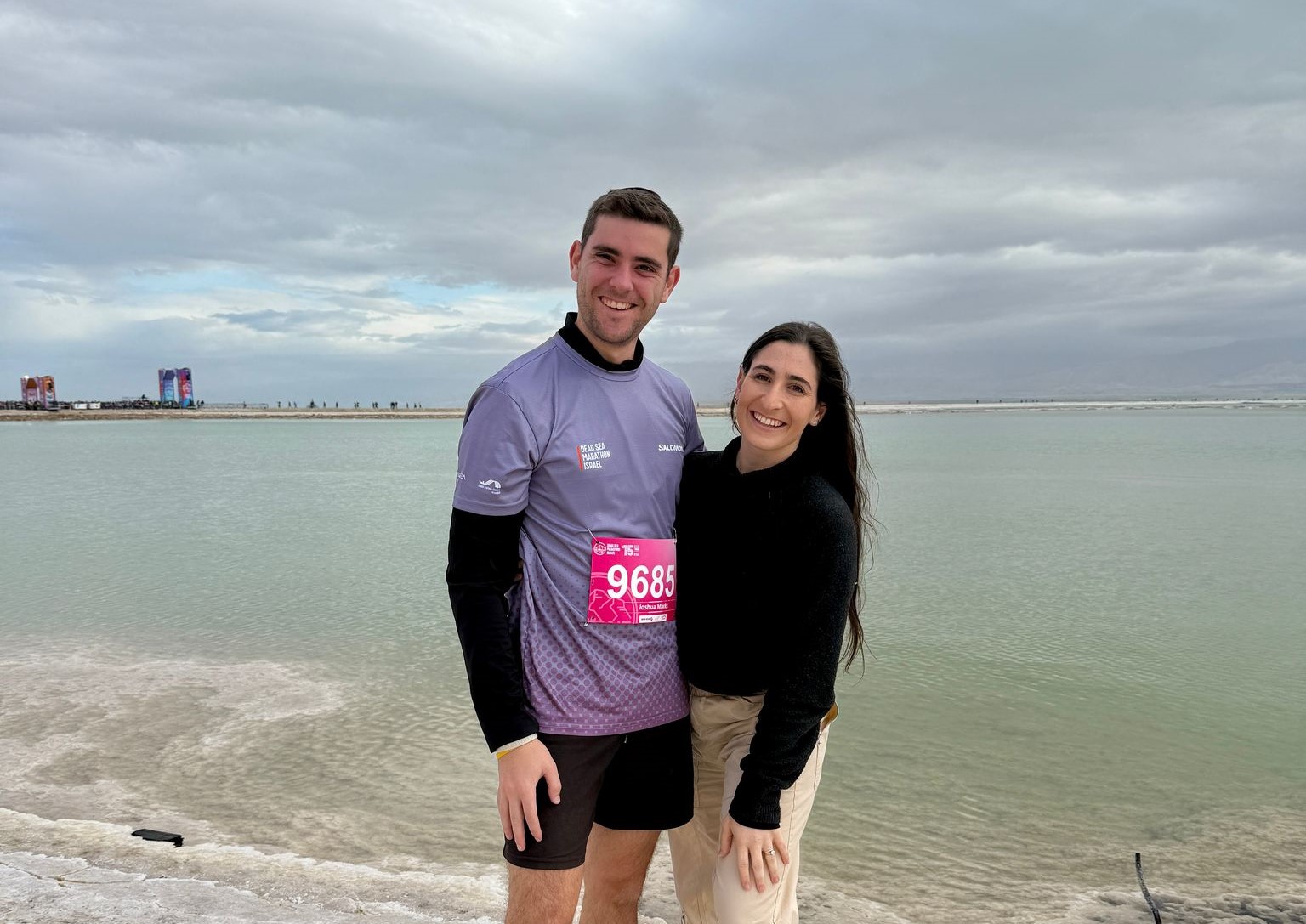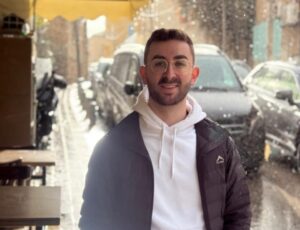
Israel

Aliya increases, with most olim under 40
Aliya from South Africa is on the increase but most of those leaving are young adults under the age of 40.
Of the 24 South African olim who made aliya in January 2025, 17 were under the age of 40, said Daniela Shapira, aliya and klita advisor from Telfed. “There were two pensioners and one family of four, and the rest were all young people,” she said.
And in terms of those making enquiries about making aliya, half of those who get in touch with Sarah Berman, pre-aliya advisor from Telfed, are under 40.
“We’ve got young adults coming, you know, by age 18 to 23, young couples, young families as well,” said Berman. “They want to be a part of Israel. They want to be a part of what’s going on there.”
“I was pleasantly surprised that even the war didn’t diminish the numbers of South Africans making aliya, but encouraged them to come,” Shapira said.
Married couple Josh and Shira Marks, 28 and 26 years old respectively, started their aliya process in 2022, well before the war started, but there were a few things they wanted to sort out in South Africa before they left for Israel such as getting married. Shira said that by the time all the logistics were sorted out and they were ready to leave, Israel was in the middle of the war.
“We decided that the war wasn’t going to stop us,” she said. “If we didn’t make aliya at that point, then it would have kept getting pushed backwards. We weren’t sure it would have happened.”
Similarly, 23-year-old Sarah Shevel started the aliya process well before the war started because it had been a dream of hers since she was 17. So, when war broke out in October 2023, she wasn’t going to let it stop her.
“It’s never easy moving to a place on your own, especially with a new language. Navigating the country has been challenging, but I’ve managed,” she said.
Shapira said there were different paths for a young oleh to take depending on age, circumstances, status, and preference.
For instance, many youngsters from the ages of 18 to 23 will go on kibbutz ulpan programmes, in which youngsters in their 20s and even 30s start with an ulpan programme for a few months, then focus on education and work opportunities.
Shapira said she visited a kibbutz ulpan in the north of Israel which last year had 12 South Africans. This is already an increase on previous years, when there were between four and six South Africans. However, this year, there are 23 young South Africans at that same kibbutz.
Last year, when Shapira went to visit the Ulpan Etzion campus in Jerusalem, there were five South African olim. However, when she visited the campus again in January this year, there were 11 South Africans – marking a 120% increase on the previous year.
Marc Labe, 27, decided to make aliya in April 2024, and is completing his ulpan programme. Despite the war, Labe believed there were more opportunities for him in Israel, and thought it was the best time for him to start this new journey.
“I have friends that live in Tel Aviv and I thought it would be the best decision for me to move, even considering what was going on at that time. Perhaps it made me feel more like I should be here subconsciously.”


Yael Strausz, Telfed’s employment advisor, said finding a job in Israel depended on the profession, but no matter which field these young olim go into, they come in with a lot of relevant experience.
“Youngsters from South Africa are finding work because of their native English, so many can find a way into the business side of the market,” said Strausz.
There is now a programme run by the Israeli government that allows people such as those in the medical profession, teachers, engineers, and architects to start the licensing process before they arrive, so that they can start working as soon as possible.
Said Labe, “The state is also really helpful with welcoming new olim. The benefits you get make it a much softer landing.”
For Shira, as a physiotherapist, the hardest part of the aliya journey has been getting certified to practice in Israel. “But once that was done, luckily, I can say that there is a great need for physios in the country.”
Strausz said many in Israel want South African olim to work for them because of the South African work ethic.
“South Africans come skilled, ready to work, and not to play around,” said Strausz, “This is sought after in Israel.”
She described a situation where someone big in the business world in Israel asked for another South African as his assistant as his previous assistant had been South African and he liked how the South African olim work.
“South Africans are hard workers and well qualified,” said Strausz, “So there’s no problem with them finding work.”
Shevel said she was able to find a job in the high-tech sector within six months of landing in Israel.
Similarly, Josh, as an engineer, was able to find work at a renewable energy company in Netanya after five months of perseverance.
“A lot of youngsters see their future here and better opportunities, and they take the brave decision to come on their own,” Shapira said.











Monty Levinra
March 6, 2025 at 5:08 pm
As a South African who came on Aliya 53 years ago I can confirm that our work ethic is something many don’t have and many in Israel appreciate that.